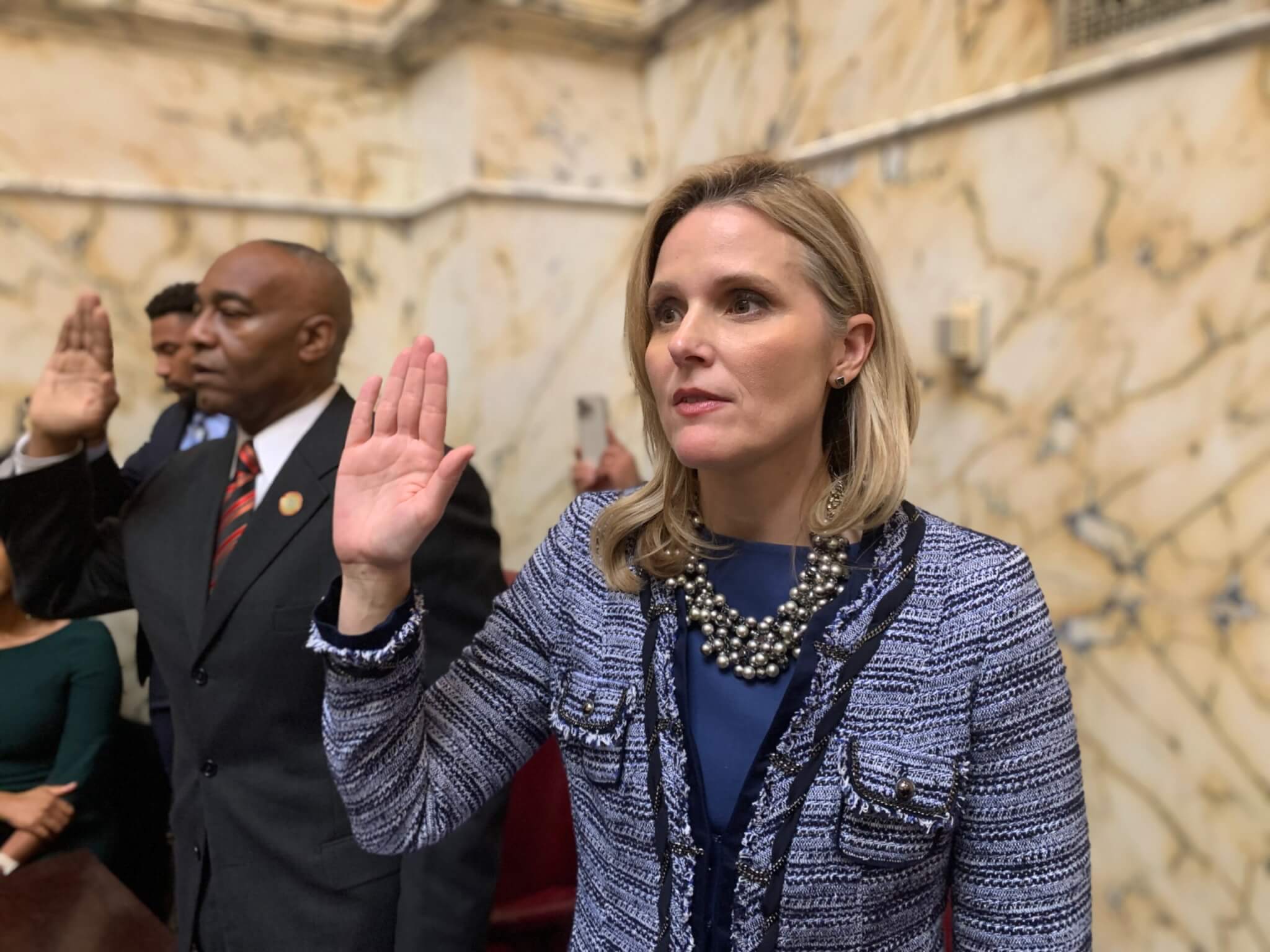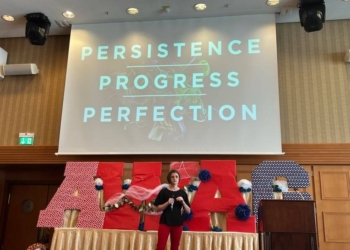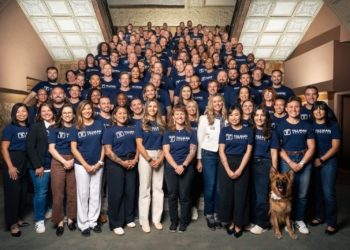One-in-five congressional or gubernatorial candidates in the November 2022 election had some degree of military experience. And a Pew Research Center survey revealed that 53% of registered voters say they like political leaders who have served in the military.
Rep. Rich McCormick (R-Georgia) is one of those veterans, and he won Georgia’s 6th District decisively. With more than 20 years of service, McCormick flew helicopters and taught as a Marine Officer Instructor during his time in the Marine Corps. In the Navy, he served as the department head for the emergency medicine department in Kandahar, Afghanistan.
But it was his post-military career as an emergency room physician that prompted his run for Congress.
“I went down to the Capitol to find solutions to surprise billing and felt like my own party was working against me,” McCormick said. “I got very animated about it and felt like we needed to fight back — and it got my foot in the door.”
Still, McCormick had to overcome a crowded primary with tough competition.
“It felt like everybody endorsed against us,” he said.
The stakes were high, but he knew he didn’t want to give up.
“You can either trust somebody else to do the right thing, or you can get involved yourself, and it really felt like the stars aligned for that to happen,” he said.
Today, McCormick is on Capitol Hill working to implement changes he wants to see – among them creating a reasonable budget to tackle the country’s debt – and he’s noticed the same fire in his fellow veterans with political aspirations.
“It’s neat to witness, and I think it comes somewhat out of frustration,” he said.
As more members of the military community see a need for their voices to be amplified, many are asking, “Why not me?” Military spouses included.

Dawn Gile is the new senator for Maryland’s 33rd District, a role she didn’t always aspire to but says she felt compelled to pursue.
“As a military family, a lot of the decisions made by the government are issues that affect us the most,” Gile, a democrat, said. “Supporting women in the workforce, paid family leave, access to affordable quality child care … Yes, those types of issues affect all families, but they affect military spouses doubly.”
Gile is no stranger to public service or leadership. In addition to being an accomplished attorney, she served as president of Military Spouse JD Network, an organization dedicated to expanding employment opportunities for military spouses and providing pro bono legal services for military families.
RELATED: Military spouse seeks to change landscape for women in politics
With her husband retired from the Army after 24 years of service, Gile felt confident that it was the right time to run for office.
“Prior to that, he was frequently deployed, and I was barely keeping my head above water,” Gile said.
Both of these newly-minted lawmakers are urging their fellow veterans and military spouses to consider political participation if they have the desire. They spoke of the teamwork mentality engrained in military culture that translates to a life in public service.
“I got to where I am in large part because of the shoulders of other military spouses,” Gile said.
And the same rings true among the veteran population, according to McCormick.
“Military people understand that empowering people is what this is all about,” he said.
Considering a run for office?
These organizations can help you prepare for a political campaign.
- Homefront Rising: Encourages and trains military spouses to get involved in the political process through advocacy and public service.
- Veterans Campaign: A virtual, nonpartisan organization with a mission to encourage, mentor and prepare veterans for a “second service” in civic leadership.
- The LBJ Women’s Campaign School: Offers six-month programs to train women to run for office or manage campaigns regardless of party affiliation. The program is primarily completed online.

































